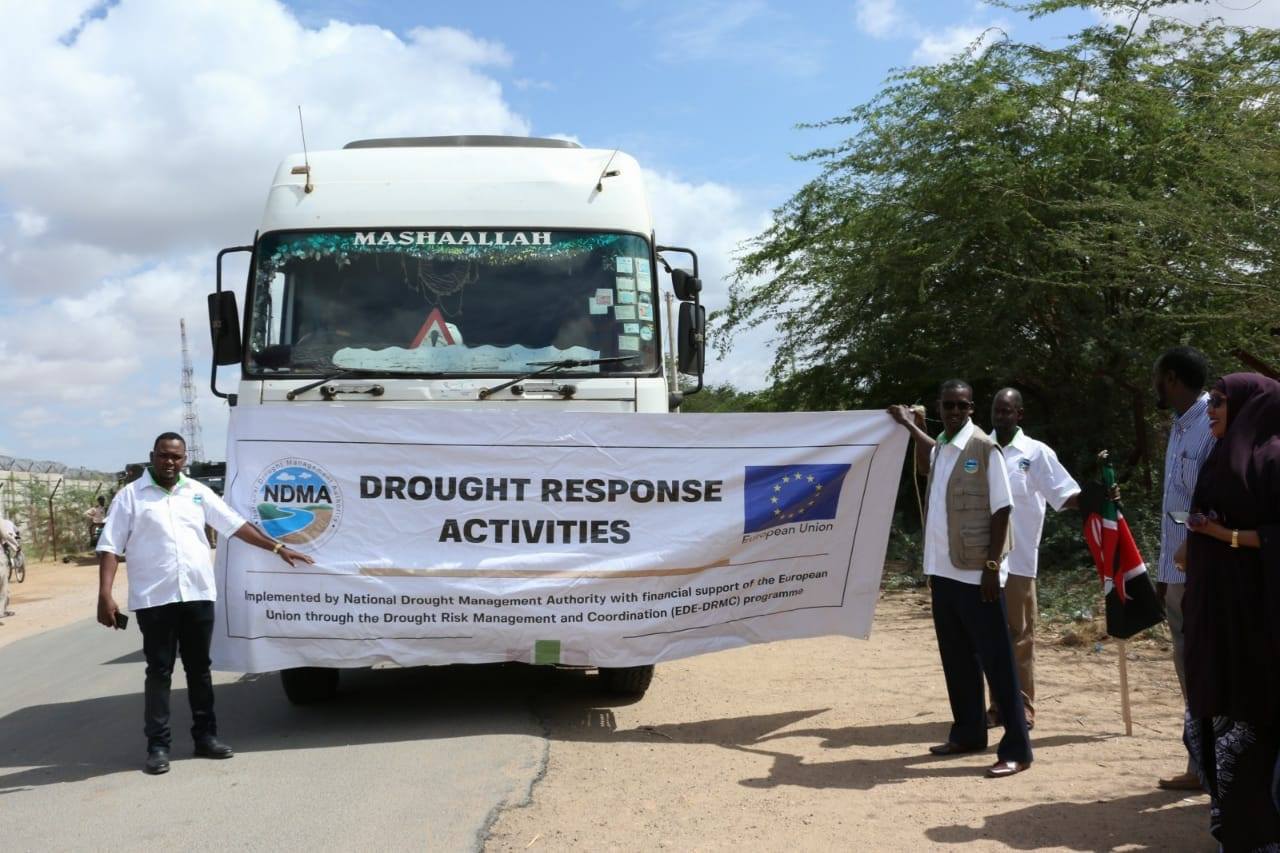A newly published desk review from an impact collaboration exercise has revealed significant gaps in early warning systems (EWS) and anticipatory action (AA) for pastoral and agro-pastoral communities in the Horn of Africa, underscoring the urgent need for improved coordination, localised data, and integration of indigenous knowledge to enhance disaster preparedness.
The report, titled “Early Warning Systems and Dryland Communities in the Horn of Africa - Desk Review of Actors, Challenges, and Opportunities,” examines how food security, climate, and natural hazard early warning systems can better support communities facing recurring shocks.
Despite advancements in EWS and AA across the Greater Horn of Africa, the report identifies persistent challenges, including slow and inconsistent implementation of anticipatory actions due to weak government commitment, bureaucratic hurdles, and funding constraints.
These delays often result in reactive responses, even when early warning signals are clear.
A complex network of stakeholders compounds the region’s vulnerability to climate-related disasters, including governments, international organisations, NGOs, the private sector, and research institutions, hindering effective coordination.
The report emphasises the need to strengthen national capacities, reduce reliance on international aid, and institutionalise AA within long-term risk management frameworks to ensure timely and sustainable responses.
A critical issue highlighted is the limited reach of EWS to at-risk communities, particularly pastoralists and agro-pastoralists, due to language barriers, inadequate infrastructure, and insufficient localisation of data.
Community-based EWS, which actively involve local populations, show promise in addressing these gaps, but the report notes that indigenous knowledge remains underutilised in formal systems.
While some initiatives have integrated community-based approaches with scientific forecasting, broader efforts are needed to incorporate local expertise and knowledge fully.
To build more resilient and responsive systems, the report advocates for institutional reforms, enhanced community participation, and improved coordination across stakeholders. Leveraging technologies such as satellite data, mobile platforms, and AI-driven forecasting can enhance accessibility and relevance. Embedding indigenous knowledge within formal frameworks would also strengthen local governance.
The report also calls for increased investment in infrastructure, capacity building, and public-private partnerships in telecommunications, financial services, and risk financing to improve EWS dissemination and anticipatory action mechanisms.
A regional approach to enhance information sharing and align responses to transboundary hazards is also recommended.
By prioritising these interventions, the Horn of Africa can develop a more effective EWS framework, empowering dryland communities to better anticipate and withstand climate-related disasters.
Complementary community studies from Kenya and Ethiopia, scheduled for release soon, are expected to further inform these efforts.

